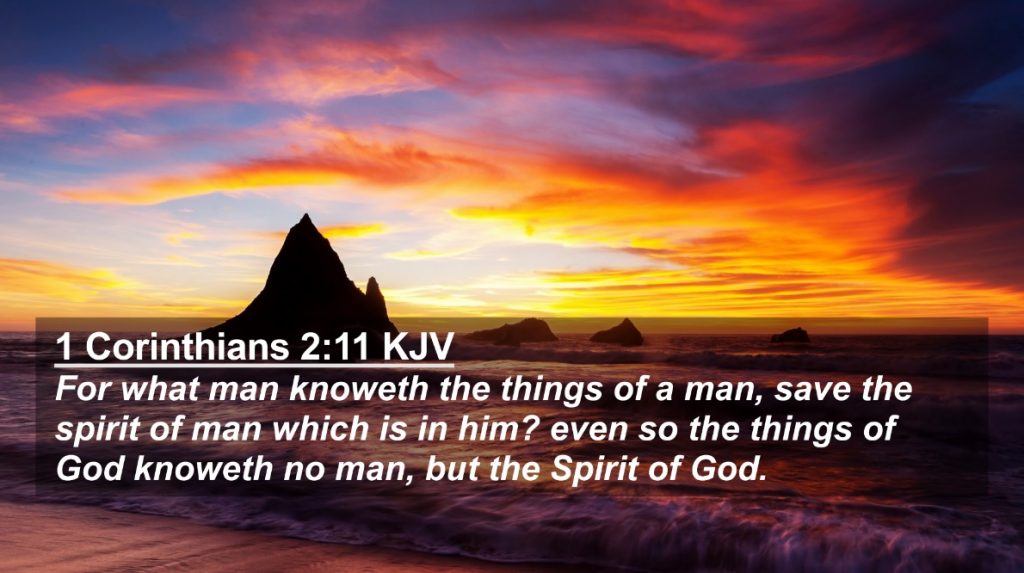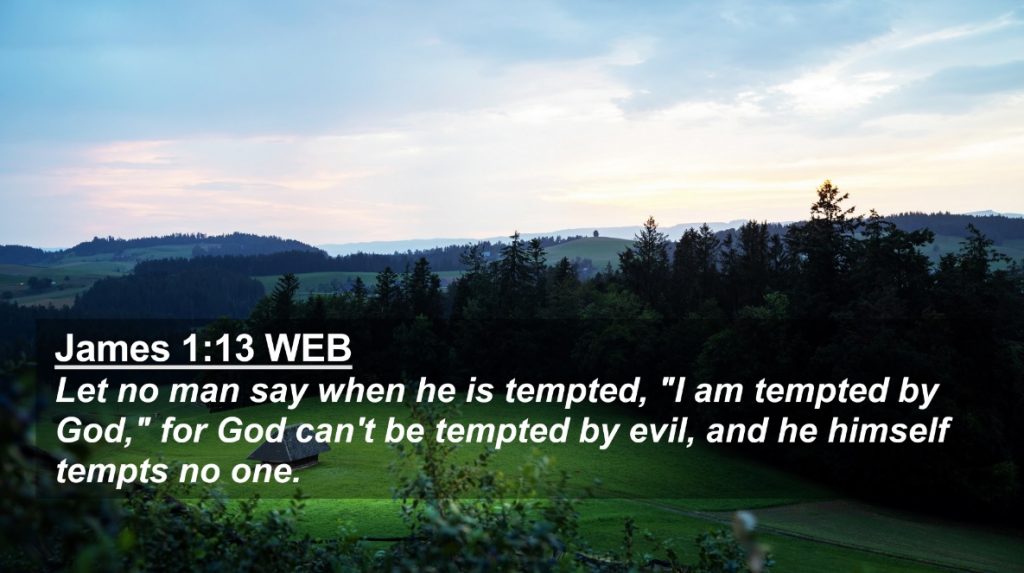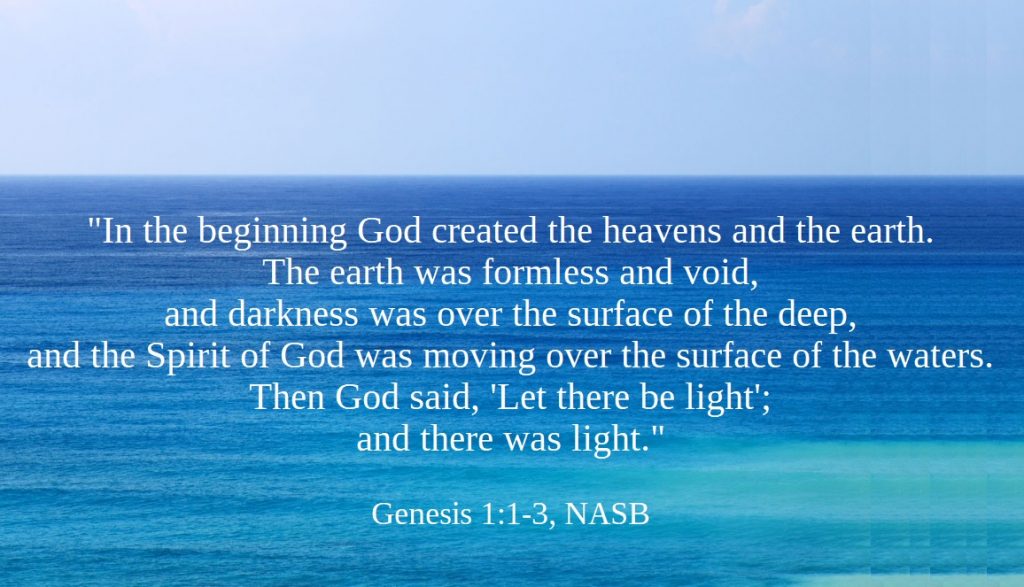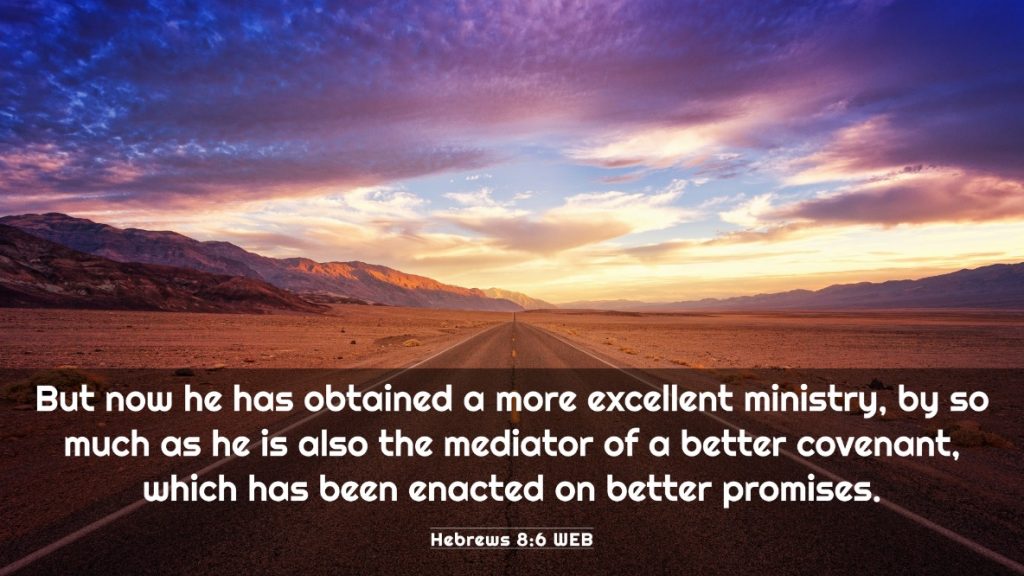“Go therefore and make disciples of all the nations…teaching them to observe all that I commanded you; and lo, I am with you always, even to the end of the age” (Matthew 28:19-20, NASB).
——————–
Contents:
1) Those Who Follow Their Own Spirit (Kyle Pope)
——————–

-1-
Those Who Follow Their Own Spirit
Kyle Pope
Ezekiel 13:13 offers a serious warning that is as powerful today as it was when it was first spoken. It proclaims, “And the word of the Lord came to me saying, ‘Son of man, prophesy against the prophets of Israel who prophesy, and say to those who prophesy out of their own heart, “Hear the word of the Lord!”’ Thus says the Lord God: ‘Woe to the foolish prophets, who follow their own spirit and have seen nothing!’” (NKJV). Note two elements of this warning to these false prophets: (1) they “prophesy out of their own heart,” and (2) they “follow their own spirit.”
Have you ever formed a religious concept in your head, that seems so clear, so true, and so logical—but the source of that concept is not Scripture? The intensity of the thought can be almost overwhelming, as you start to feel as if you understand the mind of God—but once again, the source of that idea is not the word of God. Your aim is not to be presumptuous, or to exalt yourself, but the view seems so convincing to you that you feel as if you just know it must be so—regardless of the fact that it is not established by the revelation of God.
The question you must ask if you are ever faced with such a strong feeling is, How do you know? How can man know anything about God? The Bible does teach us that there are some things about God that are indicated by the natural world. Romans 1:20 teaches that in some sense God’s, “invisible attributes …even His eternal power and Godhead” can be “understood by the things that are made.” That tells us that nature can teach the soul open to it that there is a God! Only a Being of eternal existence would be capable of starting the complex and intricate systems of time and space that regulate the current universe. Only a Divine Being outside of the limits of time and space could act as the Prime Mover to start all that we can see around us. What about His thoughts? Simply because we can discern His existence from nature, does that tell us anything about His thoughts?
Someone might say, “the sky is blue—so blue must be His favorite color!” Another viewing the sunset might draw a different conclusion, and argue, “No, the sky is orange and red so these must be His favorite colors.” One person might see the tenderness of a mother hen and say, “God must be tender and compassionate,” while another person watching a predator catch and eat its prey concludes, “The Creator is cruel and heartless!” The fact is that any conclusions we draw about God’s thoughts from nature are destined to be speculative, highly subjective, and ultimately unverifiable because we have no way to determine when something in nature is a direct reflection of God’s desire, attitude, and disposition and when it is simply an inconsequential consequence of His creation.
In Paul’s first letter to the Corinthians he offers us some powerful insight into this matter. Through the Holy Spirit, he asks the question, “For what man knows the things of a man except the spirit of a man which is in him? Even so no one knows the things of God except the Spirit of God” (1 Cor. 2:11). Paul compares our knowledge of God to our knowledge of others. I can never know the mind of another person as fully as that person’s own spirit knows him. No one can know me as fully as I, that is my spirit, knows me. In the same way, we can never fully know the “things of God,” specifically His thoughts, apart from the revelation of His Spirit. So, how can we know the things of God’s Spirit?
Before Jesus ascended into heaven, He promised His apostles that He would send them the Holy Spirit. As a part of this promise He told them two things the Holy Spirit would do: (1) He would guide them “into all truth” (John 16:13) and (2) He would bring to the memory of the apostles “all things that I,” that is Jesus, “said to you” (John 14:26). Many in the religious world seek to apply these promises to all believers, but if that was true every believer must possess at all times the perfect knowledge of “all things.” Clearly, believers who are alive today did not walk with Jesus, so the Holy Spirit cannot remind us of what we never heard. Is there another way to understand this?
Two passages give us the answer. 1 Peter 1:20-21 declares, “. . .No prophecy of Scripture is of any private interpretation, [or “origin” from many footnotes] for prophecy never came by the will of man, but holy men of God spoke as they were moved by the Holy Spirit.” The next, 2 Timothy 3:15-16 states, “All Scripture is given by inspiration of God [this term means literally “God-breathed”] and is profitable for doctrine, for reproof, for correction, for instruction in righteousness, that the man of God may be complete, thoroughly equipped for every good work.” This tells us that Scripture is the product of the Spirit. This tells us that Scripture is complete. So, we can know God’s thoughts through His words in Scripture.
Now then, let’s go back to the passage in Ezekiel. It is easy for man to think that his own intuition is correct whether or not his views are grounded upon the clear teaching of God’s word or not. We must test all things seeking “book, chapter, and verse” for all that we do and say. This approach to Bible study is often criticized today. Even some brethren reject it as “old fashioned” or “legalistic.” The fact is that it was this approach to faith that led to the American efforts toward restoring the New Testament church in the nineteenth and twentieth centuries. It was this resolution to, “Speak where the Bible speaks and remain silent where the Bible is silent,” that led many men and women from all religious backgrounds to reject the chaos of the religious world and seek unity within the authority of Scripture. This respect for God’s word is what can guard against the scores of apostasies that can come from simply speaking out of our own heart!
We must recognize that apart from nature’s indication to us of God’s presence, the only way we can know anything about God is through what He has said. We must understand that looking at (and harmonizing) God’s words does not deny His power, but esteem it! Let’s recall Isaiah 66:2, “. . .On this one will I look: On him who is poor and of a contrite spirit, and who trembles at My word.” We cannot know God’s will by following our own spirit. We can try, but in doing so, we can be sure of one thing, we have “seen nothing!”
— Via Faithful Sayings, Volume 25, Issue 43, October 22, 2023
——————–
The Steps That Lead to Eternal Salvation
1) Hear the gospel — for that is how faith comes (Rom. 10:17; John 20:30-31).
2) Believe in the deity of Jesus Christ, the Son of God (John 8:24; John 3:18).
3) Repent of sins. For every accountable person has sinned (Romans 3:23; Romans 3:10), which causes one to be spiritually dead (Ephesians 2:1) and separated from God (Isaiah 59:1-2; Romans 6:23). Therefore, repentance of sin is necessary (Luke 13:5; Acts 17:30). For whether the sin seems great or small, there will still be the same penalty for either (Matt. 12:36-37; 2 Cor. 5:10) — and even for a lie (Rev. 21:8).
4) Confess faith in Christ (Rom. 10:9-10; Acts 8:36-38).
5) Be baptized in water for the remission of sins (Mark 16:16; Acts 2:38; 22:16; 1 Pet. 3:21). This is the final step that puts one into Christ (Gal. 3:26-27). For from that baptism, one is then raised as a new creature (2 Cor. 5:17), having all sins forgiven and beginning a new life as a Christian (Rom. 6:3-4). For the one being baptized does so “through faith in the working of God” (Col. 2:12). In other words, believing that God will keep His word and forgive after one submits to these necessary steps. And now as a Christian, we then need to…
6) Continue in the faith by living for the Lord; for, if not, salvation can be lost (Matt. 24:13; Heb. 10:36-39; Rev. 2:10; 2 Pet. 2:20-22).
——————–
Tebeau Street
CHURCH OF CHRIST
1402 Tebeau Street, Waycross, GA 31501
Sunday: 9 a.m. Bible Classes and 10 a.m. Worship Service. Congregational Song Service: 5 p.m. for every first Sunday of the month.
Wednesday: 7 p.m. Bible Classes
evangelist/editor: Tom Edwards (912) 281-9917
Tom@ThomasTEdwards.com
https://thomastedwards.com/go/all.htm (This is a link to the older version of the Gospel Observer website, but with bulletins going back to March 4, 1990.)





